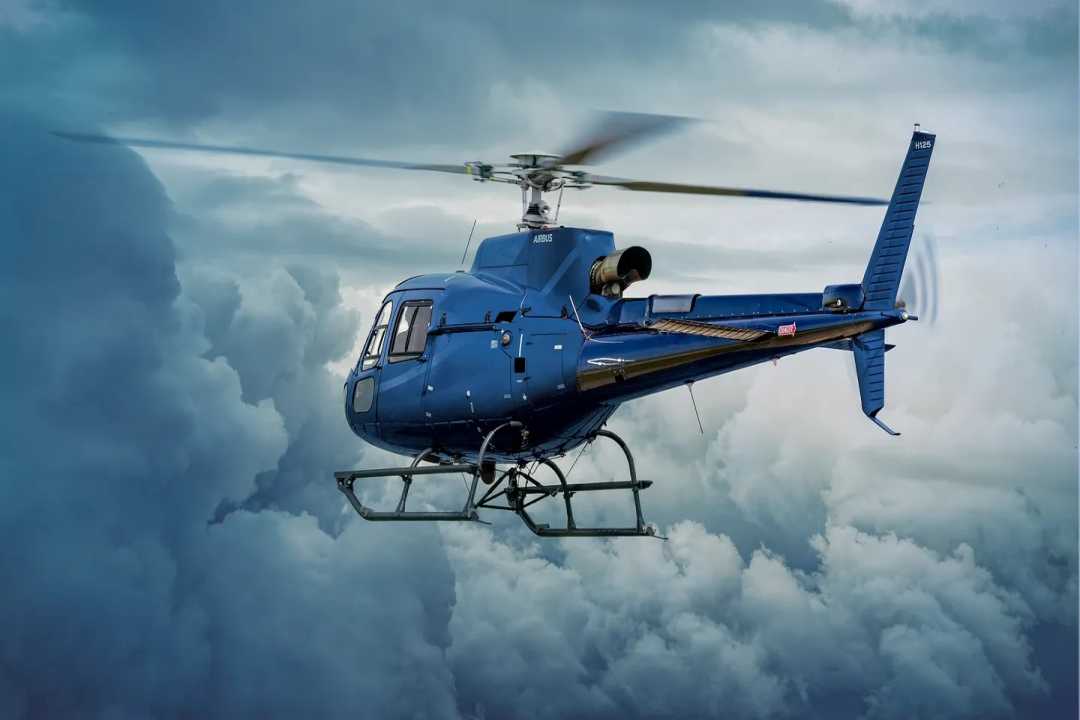Airbus Helicopters wrapped up the 2025 edition of VERTICON with 118 commitments from global customers, including 63 firm orders, for a range of its versatile, multi-mission helicopters. A key highlight was the strong interest in the H140, a new light twin-engine multi-mission helicopter that was unveiled at the event.
Over 74 commitments were made for the H140, with emergency medical services (EMS) being the first mission to be launched. Leading EMS operators from the U.S. and Europe, such as Global Medical Response, ADAC Luftrettung, ÖAMTC Flugrettung, Air Methods, Stat Medevac, Metro Aviation, and DRF Luftrettung, have placed orders or signed letters of intent for the helicopter.
“The H140 was designed with the customer in mind, and the support from some of the world’s top EMS operators confirms that we’ve met their needs,” said Bruno Even, CEO of Airbus Helicopters. “We’re grateful to our customers for their trust in Airbus. The critical work they do with our helicopters is a point of immense pride for our entire team. VERTICON remains a key opportunity for us to connect with our customers and celebrate their essential missions,” he added.
The H160 also marked a milestone by starting its commercial offshore operations with PHI Aviation for Shell, following an innovative route-proving program. In addition, Brazilian operator Omni signed an HCare contract for multi-service support ahead of its H160’s deployment with Petrobras. The New York State Police will become the first U.S. law enforcement agency to operate the H160, with an order for one H160 and three H145 helicopters.
In the area of support and services, Westair Helicopters signed an HCare contract to support its H225 fleet in Namibia for offshore energy missions. Additionally, GDAT, a prominent Chinese helicopter operator, signed an HCare In-Service contract to support ten H225 helicopters engaged in emergency services and forest protection.
Airbus Helicopters also conducted demo flights at VERTICON, featuring the H175, H160, H145, and H125 IFR aircraft, all using 30% sustainable aviation fuel (SAF), reinforcing the company’s dedication to sustainability and SAF adoption in its operations.







